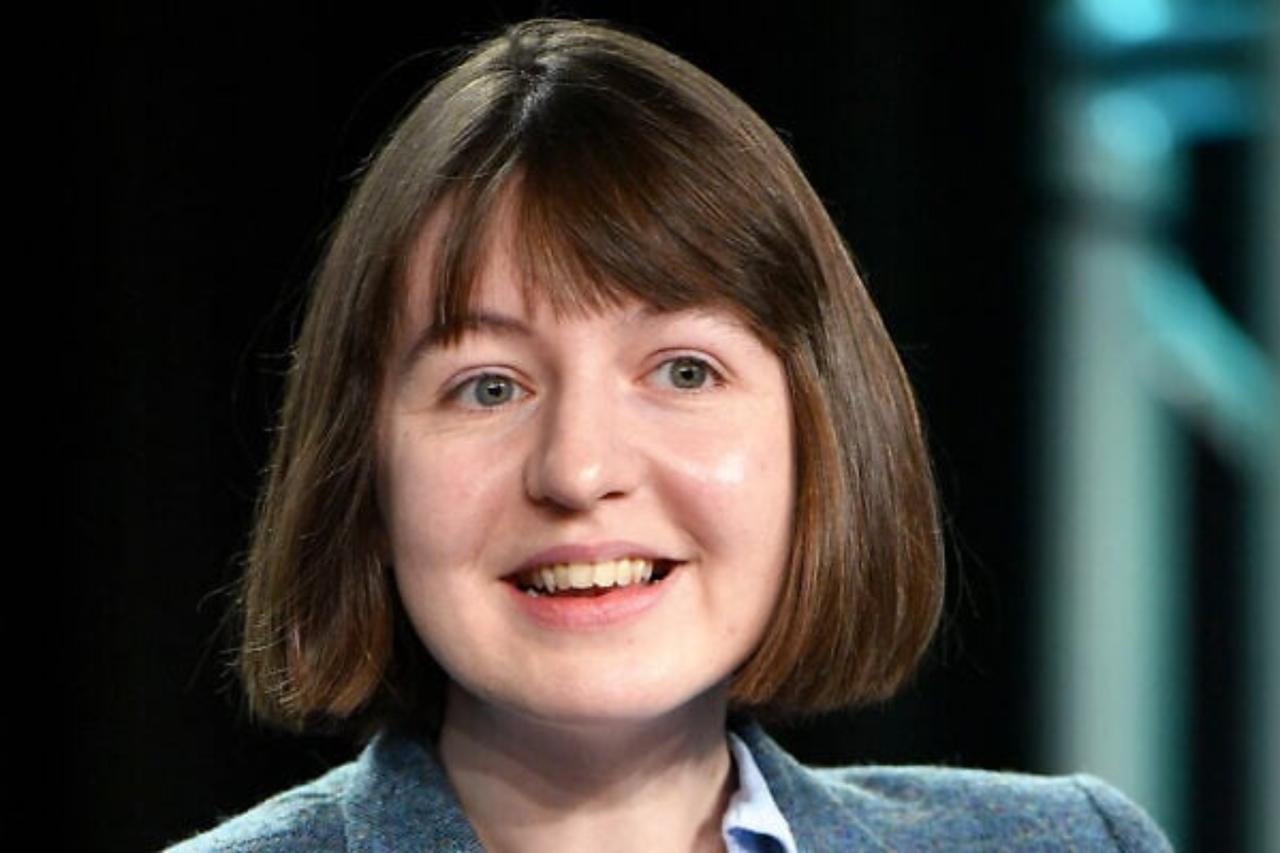
Irish novelist Sally Rooney says the United Kingdom's proscription of Palestine Action has created a level of legal uncertainty that threatens her ability to publish new work in the country and may also force the removal of her existing titles from bookshops.
Her statements, submitted to the High Court in London, form part of a challenge brought by the group’s co-founder Huda Ammori against the Home Office’s decision to designate Palestine Action as a terrorist organization.
Rooney said the ban places her publisher Faber and Faber, the BBC, and Element Pictures, which produced the television adaptations of "Normal People" and "Conversations With Friends", in a position where they fear that transferring royalties to her could expose them to allegations of funding a proscribed group because she has openly declared her intention to donate those earnings to Palestine Action.
Rooney described how this uncertainty disrupts the financial and contractual foundations that link authors, publishers, and production companies.
She added that this risk extends far beyond future projects, since royalty payments determine whether her books remain in circulation. Rooney also told the court that she cancelled plans to travel to the U.K. to accept an award after learning that her public statements could lead to arrest.
Rooney said the concern began after Element Pictures informed her agent that it had received “unambiguous legal advice” stating that sending royalties to her might constitute a terrorism offence if the funds were used to support Palestine Action.
She said this warning now influences her publisher as well, since the same counterterrorism legislation could prevent Faber and Faber from legally transferring the royalties that underpin her book sales. Because her contracts allow her to terminate publication if she cannot be paid, she said her novels may need to be withdrawn from the British market if the ban remains in force.
She described this outcome as a significant intrusion into artistic work and public access to literature. Rooney noted that she is one of the best-selling literary authors in Britain and argued that the disappearance of her novels from UK shops would represent what she called an extreme intervention by the state in the sphere of artistic expression.
She also said it is “almost certain” she cannot publish or produce new work in the U.K. while the proscription continues, adding that a future novel could be available around the world but absent from the U.K. if no company is allowed to pay her.
The hearings have unfolded in parallel with a visible public response.
Police said more than 2,000 people have been arrested since the ban on displaying statements such as “I oppose genocide, I support Palestine Action”, including more than 100 people detained outside the High Court on Wednesday, as reported by Reuters.
These arrests reflect the broad scope of the legislation, which criminalises both membership of and support for the group. The ban took effect in July and carries potential sentences of up to 14 years in prison.
Sally Rooney’s testimony forms part of a wider challenge that argues the ban undermines freedom of expression, protest rights, and access to artistic work.
Rooney has said she believes Israel has committed genocide in Gaza and described Palestine Action’s direct actions as part of a tradition of civil disobedience, including deliberate property damage as a form of protest. Israel denies her accusation and says its operations in Gaza are legitimate acts of self-defence.
Three intervenors joined the judicial review: U.N. special rapporteur Ben Saul, represented by Adam Straw KC, as well as Liberty and Amnesty UK.
Straw said in written submissions: “There is a consensus, or emerging consensus, that this proscription was an unlawful interference in international law. There is also a consensus, or emerging consensus, that the definition of terrorism does not extend to serious damage to property," as reported by the Guardian.
The government defended the decision by stating that parliament has the authority to define terrorism, including serious damage to property.
Sir James Eadie KC, representing the Home Office, said the purpose of proscription is to prevent organisations “concerned in terrorism” from receiving attention, financial support, or public backing. He said this framework aims to cut off any form of assistance that could strengthen a proscribed group.
The case raises broader questions about how anti-terror legislation interacts with political activism, artistic work, and civil society.
Sally Rooney said she has not been presented with any reason to step back from her support for Palestine Action other than the personal and professional disruption it brings. She described the group’s work as “courageous and admirable” and argued that direct action remains an important form of protest.
The High Court hearing is scheduled to conclude on Dec. 2. The final judgment will be issued in writing, leaving authors, publishers, and protest groups waiting to see how the ruling may reshape the boundaries of artistic work, royalties, and political expression in the U.K.